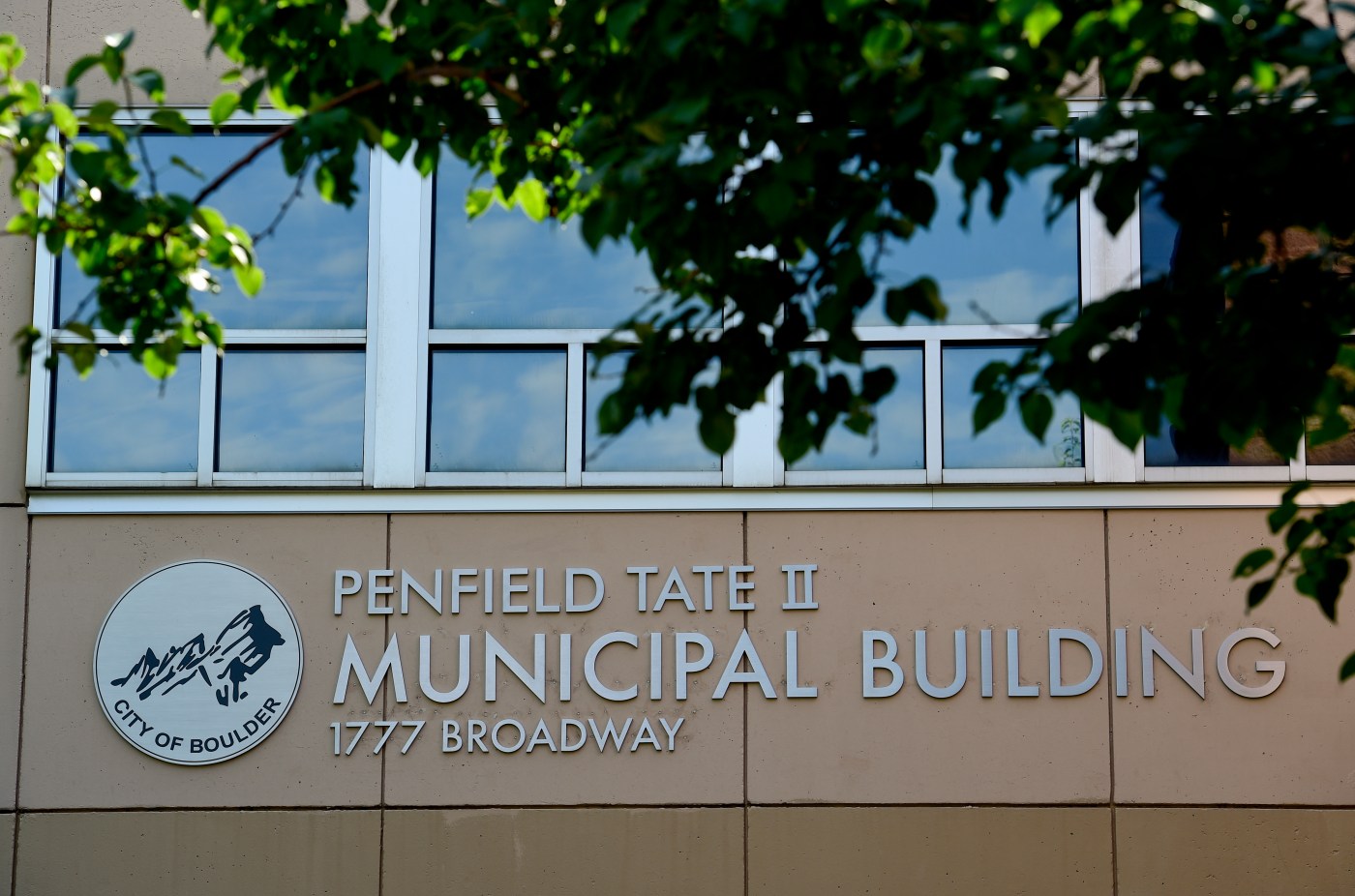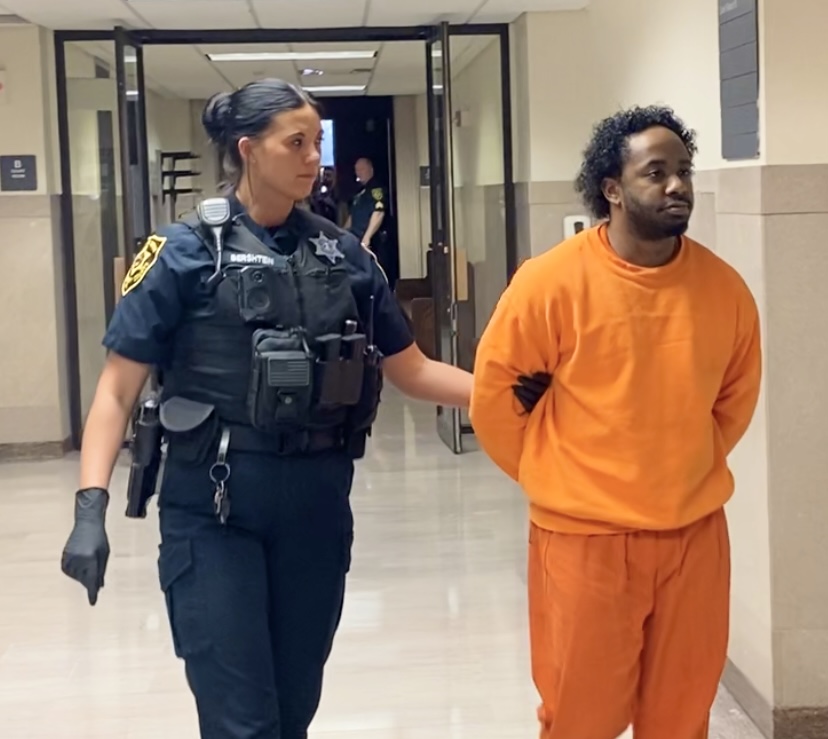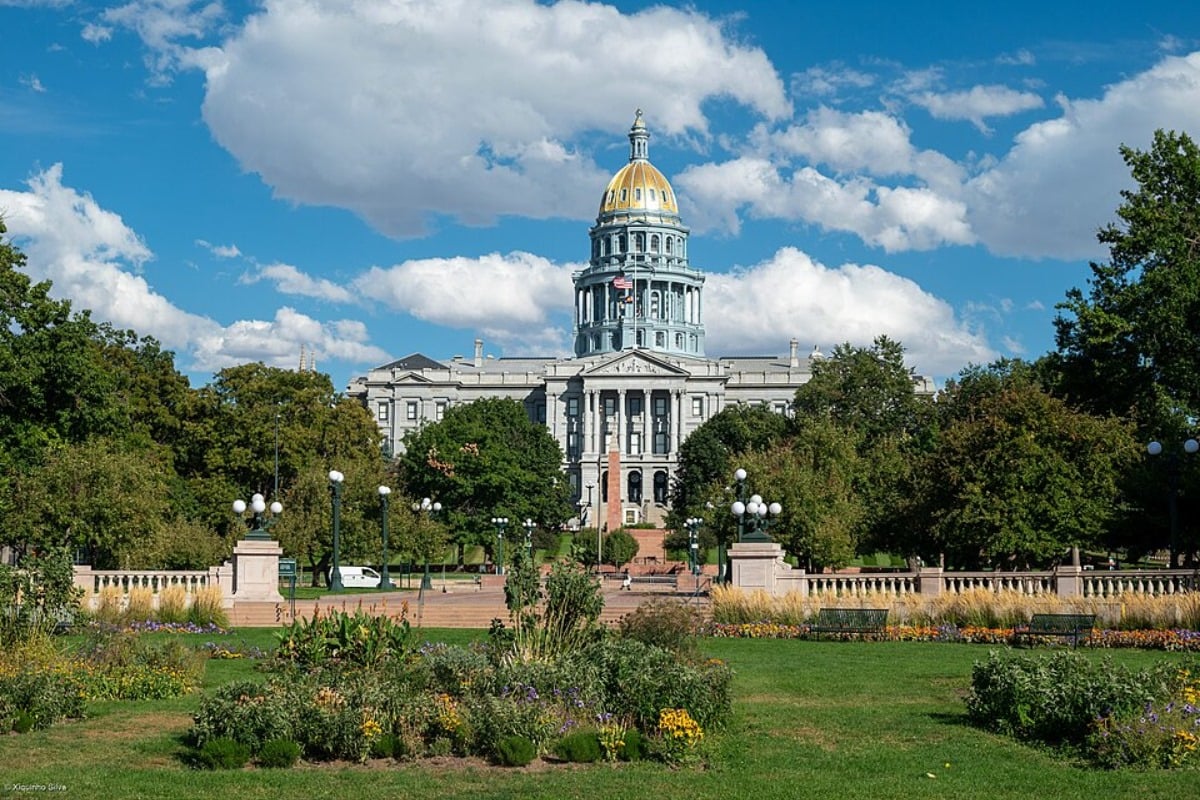UPDATE: Boulder City Council candidates are calling for an urgent overhaul of the city’s complex signage regulations as the election approaches on July 15, 2023. With a staggering 17 pages of rules governing what businesses can display, many believe the current land-use code is stifling creativity and economic growth.
The city’s Title 9, which outlines the regulations for signage and structural development, has faced criticism for being convoluted and outdated. According to Lauren Folkerts, an incumbent council member and architect, the code creates a “difficult, if not hostile, environment for development.” Folkerts emphasizes that this tangled web of regulations is not just a nuisance but a barrier to business—particularly at a time when Boulder is grappling with high commercial vacancy rates and a housing shortage.
As candidates vie for one of the four open council seats, reforming Title 9 has emerged as a common goal among many. Folkerts highlighted the irony of a city renowned for its arts scene being bogged down by restrictive regulations. “We’re not seeing our creativity in our building,” she stated, underscoring the pressing need for change.
The candidates differ on specifics but agree that the current framework is unsustainable. For instance, Rob Smoke advocates for more flexible occupancy rules, while Nicole Speer cautions that substantive changes to Title 9 may not be feasible until the Boulder Valley Comprehensive Plan is updated. Rob Kaplan proposes introducing dedicated case managers to help navigate the complicated permitting process.
Max Lord, another candidate, compared Title 9 to a “Jackson Pollack painting,” describing its chaotic nature and the challenges it presents for businesses attempting to adapt and thrive. “It makes it difficult to fill a lot of the empty commercial space,” he said, highlighting the urgency of reforming such regulations.
The length and complexity of the permitting process can take up to six months, according to Folkerts, leaving business owners to struggle with multiple permits, legal counsel, and mounting costs amid rising material prices. The issue has been spotlighted recently with the opening of Voodoo Doughnuts, which faced restrictions on its signature pink color due to city regulations.
Folkerts and others argue that easing regulations could not only help businesses but also address the critical housing shortage by facilitating the development of “missing middle housing,” such as duplexes and triplexes. As Boulder’s demographics shift post-COVID, candidates like Lord believe adapting office spaces into residential units could be a viable solution.
The City Council is expected to prioritize reforming Title 9, with discussions on proposed changes likely to take place in the coming weeks. However, candidates warn that comprehensive reform is a multi-year process, requiring a unified council and significant commitment from city staff.
As the election looms, the path to a more business-friendly environment in Boulder remains uncertain, but the urgency for change has never been clearer. Candidates are urging voters to consider the implications of the current land-use code on local businesses and the community at large.
Residents are encouraged to engage in this critical conversation, as the future of Boulder’s business landscape hangs in the balance.







